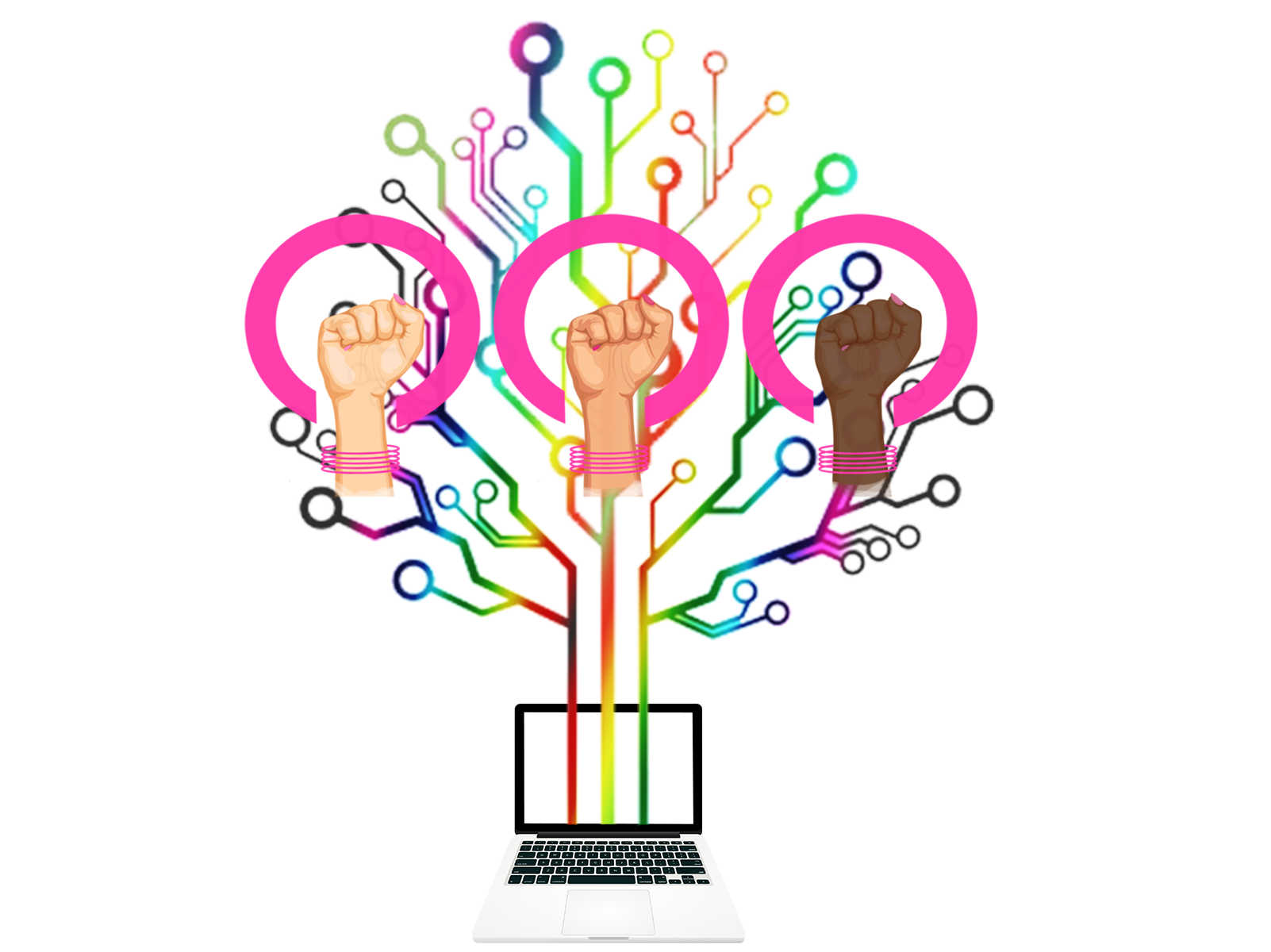MESSAGING
The digital age of social media, memes and the instant distribution of information has created a space where we are exposed to a far greater amount of information than people have ever been before. So, with thousands if not millions of incoming messages a day, how do we prioritize what is important and worth paying attention to? As Marshall McLuhan described, the medium is the message. The way that something is said is far more important than anything the message is actually saying.
Tweets are inherently short, and force users to condense their message to the absolutely essential parts. Instagram is predominantly single pictures, posted with a caption that usually gets very little attention. Whatever the messaging is has to be aesthetically pleasing enough to be considered relevant. Sending an email is far more formal and requires a certain level of etiquette not found in casual text messages. The medium also determines who has access to actually receiving the message. Academic texts are often long, use lots of technical terms and sometimes require a subscription to read. A very privileged group of people actually has the ability to dedicate enough time or resources to reading these texts, however relevant to them they may be.
The same applies to in person, face to face conversations and they way they occur. The way something is said affects its interpretation more than what is actually said. Confronting someone with aggression and harsh words makes them defensive and not want to listen to what you’re saying. Furthermore, confirmation bias makes people more likely to shut out and not take seriously information that they know contradicts their beliefs. The only way that I’ve found you could possibly change someone’s opinion about something is by first establishing a level of trust and finding your common ground. Appeal to shared topics you already know you agree on, and move from there to discuss why you think they should agree with your perspective, and why you think they already might. Rather than beginning the discussion saying they’re wrong and you’re right and here’s why, come from a place of empathy and mutual respect. No one wants to listen to someone that makes them feel stupid or irrelevant. Often, these types of conversations are much more impactful when they’re with someone you already have a relationship with, like a friend or a family member. Regardless of how eloquent and factual something is, no one will listen to it if they feel attacked and belittled.
